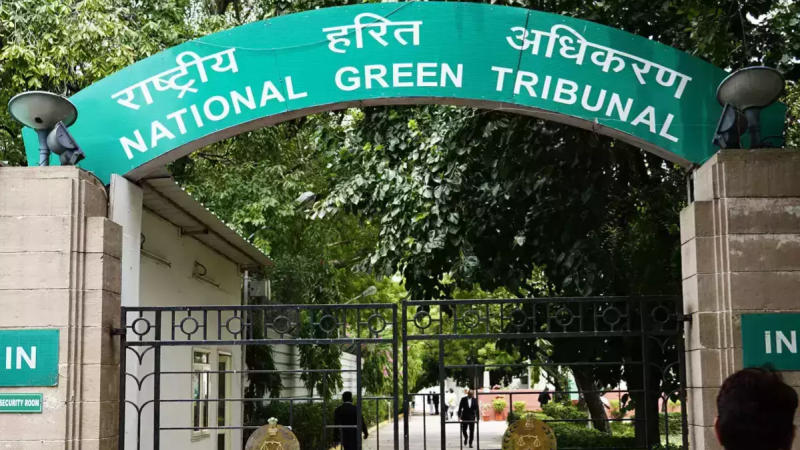Published 18:23 IST, January 1st 2025
NGT to Review Plea on Adverse Effects of Artificial Light on Living Beings at Night
The NGT has asked the Centre to respond to a plea about the negative impact of artificial light at night on plants, animals, and humans.

New Delhi: The National Green Tribunal (NGT) has asked the Centre to respond to a petition concerning the negative impact of "artificial light at night" on plants, animals, and humans.
The plea argues that artificial lighting disrupts natural biological processes, affecting human circadian rhythms, the behavior of nocturnal wildlife, plant physiology, and migratory species.
In an order dated December 23, NGT Chairperson Justice Prakash Shrivastava and expert member A Senthil Vel noted that the petition was based on various published studies, research, and articles.
The petitioner’s counsel said while the tribunal’s Bhopal zonal bench in a July 2023 order said the aspect of light pollution required a detailed study, its western zonal bench in 2024 took suo motu cognisance of a media report over the death of flamingos near DPS Lake in Navi Mumbai, Maharashtra, owing to light pollution impairing their vision.
"Issue notice to the respondents," the tribunal said.
Union Ministries of Environment, Forest and Climate Change and Science and Technology and the Central Pollution Control Board are respondents in the case.
"Respondents are directed to file their response by way of affidavit at least one week before the next date of hearing," the tribunal said and posted the hearing on April 17.
(with agency inputs)
Get Current Updates on India News, Entertainment News along with Latest News and Top Headlines from India and around the world.
Updated 18:23 IST, January 1st 2025




